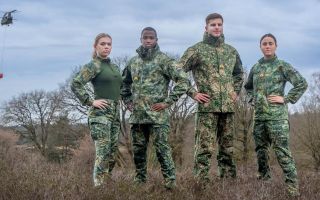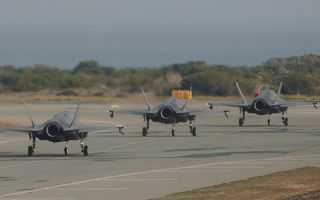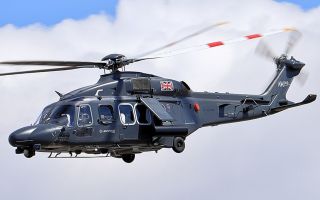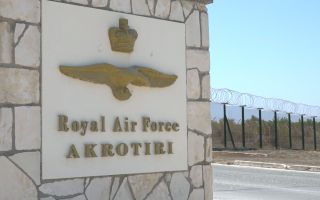Making the best of the best: Gurkha recruits take their first steps in the field
It is where every infantry soldier's journey begins – the training area at Catterick. Here, 135 young men from the current 274 in training are learning the fundamentals of soldiering, from the art of camouflage to the tactics of moving across open terrain.
It is physically demanding, mentally exhausting and a world away from civilian life. But it is also where the transformation into a Gurkha begins.
This year's intake is nine weeks into a tough basic training programme run by the Gurkha Company, Infantry Training Centre Catterick.
By autumn, they will emerge as fully trained soldiers, not just any soldiers.
They will be Gurkhas: warriors with a fearsome reputation forged over more than two centuries of service.
"They're being taught basic fieldcraft," said Sergeant Dipendra Tamang, the training sergeant responsible for delivering the lessons that will mould the recruits into professional Gurkhas.
"They've been doing a really good job, learning lots of things. They're very excited to learn these new things."
At this stage, the training is focused on core fieldcraft skills - essential lessons that will form the bedrock of their military careers. The exercises will grow more complex in the weeks ahead, but it is about mastering the basics first.
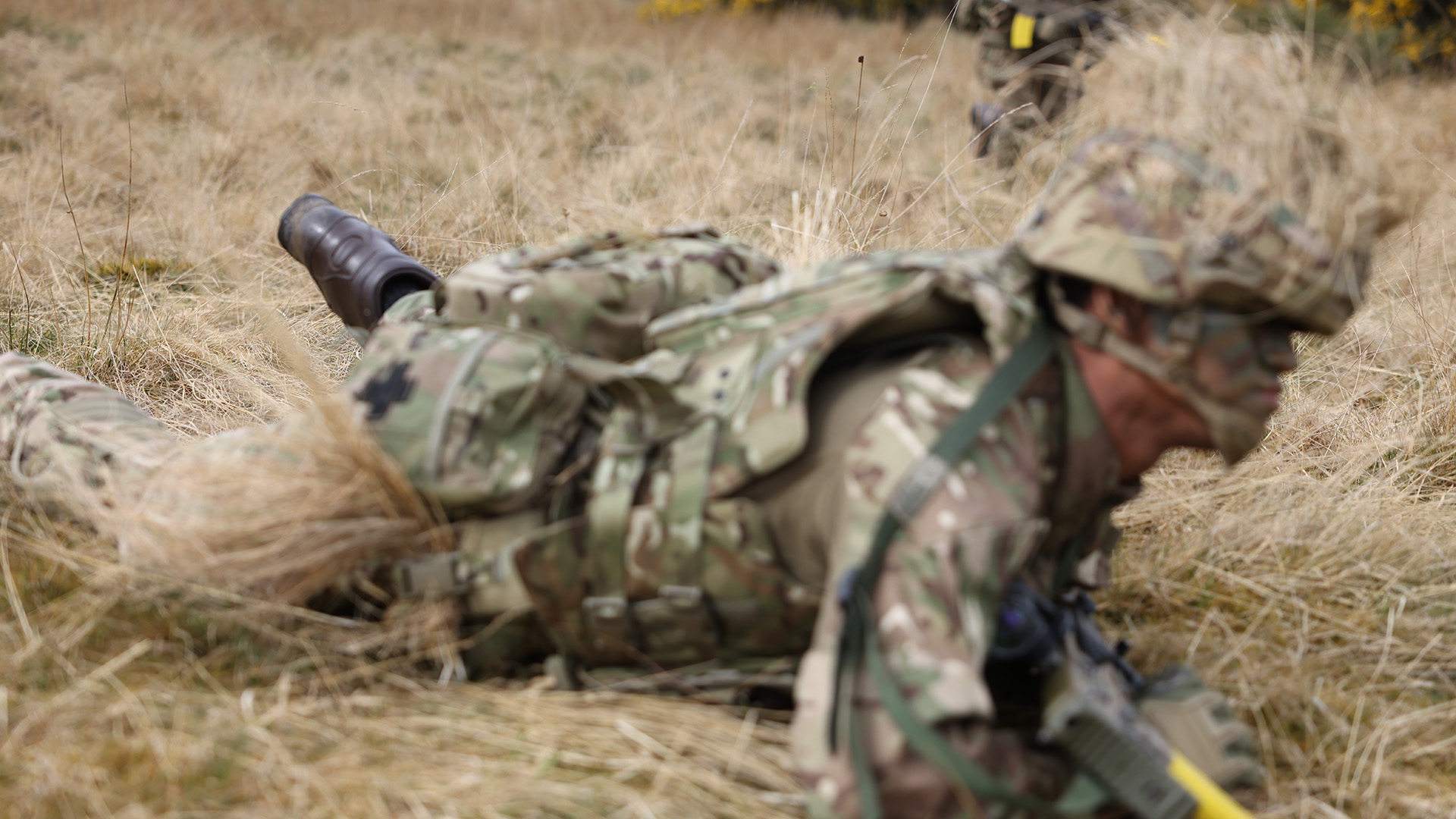
Corporal Binod Rai is a section commander in the company. As such, he is a role model to the recruits. He said that teaching important lessons like this is all about sparking interest in the young recruits' minds.
"We all try to make it interesting," Cpl Rai said. "It makes the recruits engaged and understand why they need to do things.
"The key thing is creating an interest."
Despite the frequent cold winds and muddy hills, morale among the recruits is high.
They are tested daily - physically, mentally and emotionally - but their commitment to the regiment and each other is already clear.
Recruit Suraj Basnet is one of the would-be Gurkhas deployed on the exercise. He said he was finding the experience of basic training exhilarating.
"Two months into training, I'm finding it really good," Rec Basnet said.
"It's very adventurous training for me. I've never been in this type of environment before. I'm still learning and trying to be a better Gurkha."
Rec Basnet's buddy, or "numree" as Gurkhas say, Recruit Saraj Shrestha, is equally thrilled to be progressing as a would-be Gurkha.
"I've been in the field for two days," Rec Shrestha said. "The first night was exciting for me. With my numrees, it became a memorable event.
"So far I've had lessons about concealment, camouflage and even what to do in our sentry duties."
For the instructors, this is where the standard is set. Every Gurkha serving has walked these same paths, learned these same drills and pushed through the same demanding programme.
The end goal? To produce some of the most respected soldiers in the world.
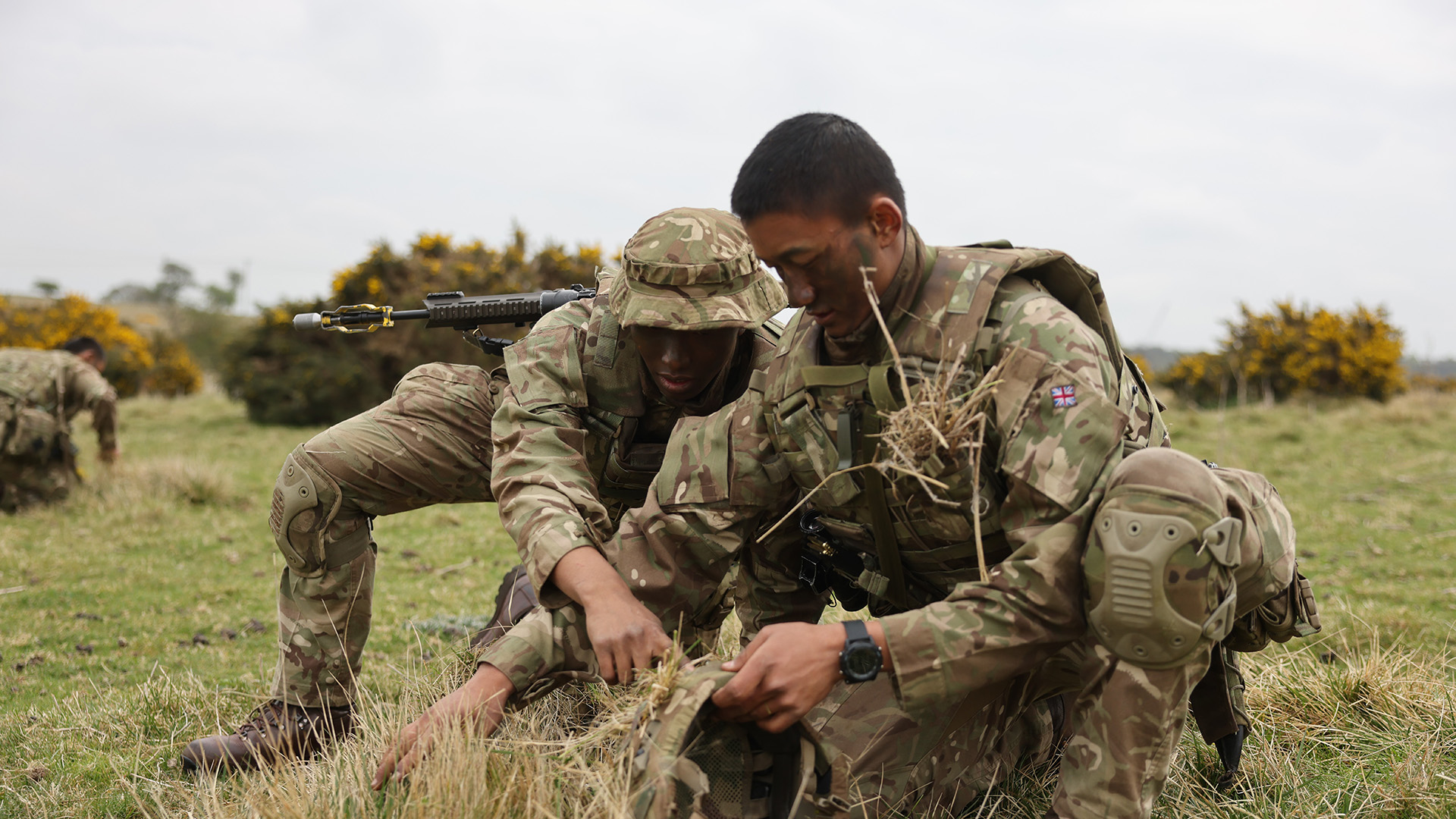
A proud history of service
The Gurkhas have served in the British Army since 1815, following the Anglo-Nepalese War.
They were known for their courage, discipline and loyalty. They have fought in every major conflict since - from the trenches of the First World War to the mountains of Afghanistan.
Their motto "Better to die than be a coward" speaks volumes about the ethos that underpins Gurkha service. Thousands have laid down their lives in service of the Crown, and many more have earned gallantry awards, including 26 Victoria Crosses.
Gurkha units serve in the UK and worldwide, bringing a unique mix of tradition, professionalism and warrior spirit. And it all begins here - in Catterick, North Yorkshire.
Duty, honour and pride
The recruits have a strong sense of duty - not just to the Army, but to their heritage and King Charles.
Rec Shrestha put it simply: "As a Gurkha, it's my duty to protect my majesty."
A bold statement, but one that echoes centuries of proud service and sacrifice.
As they attentively apply their camouflage cream and leopard crawl through the Catterick undergrowth, these new recruits carry more than just webbing and rifles - they carry a legacy that many may soon find themselves contributing to through their service to the Gurkhas.

